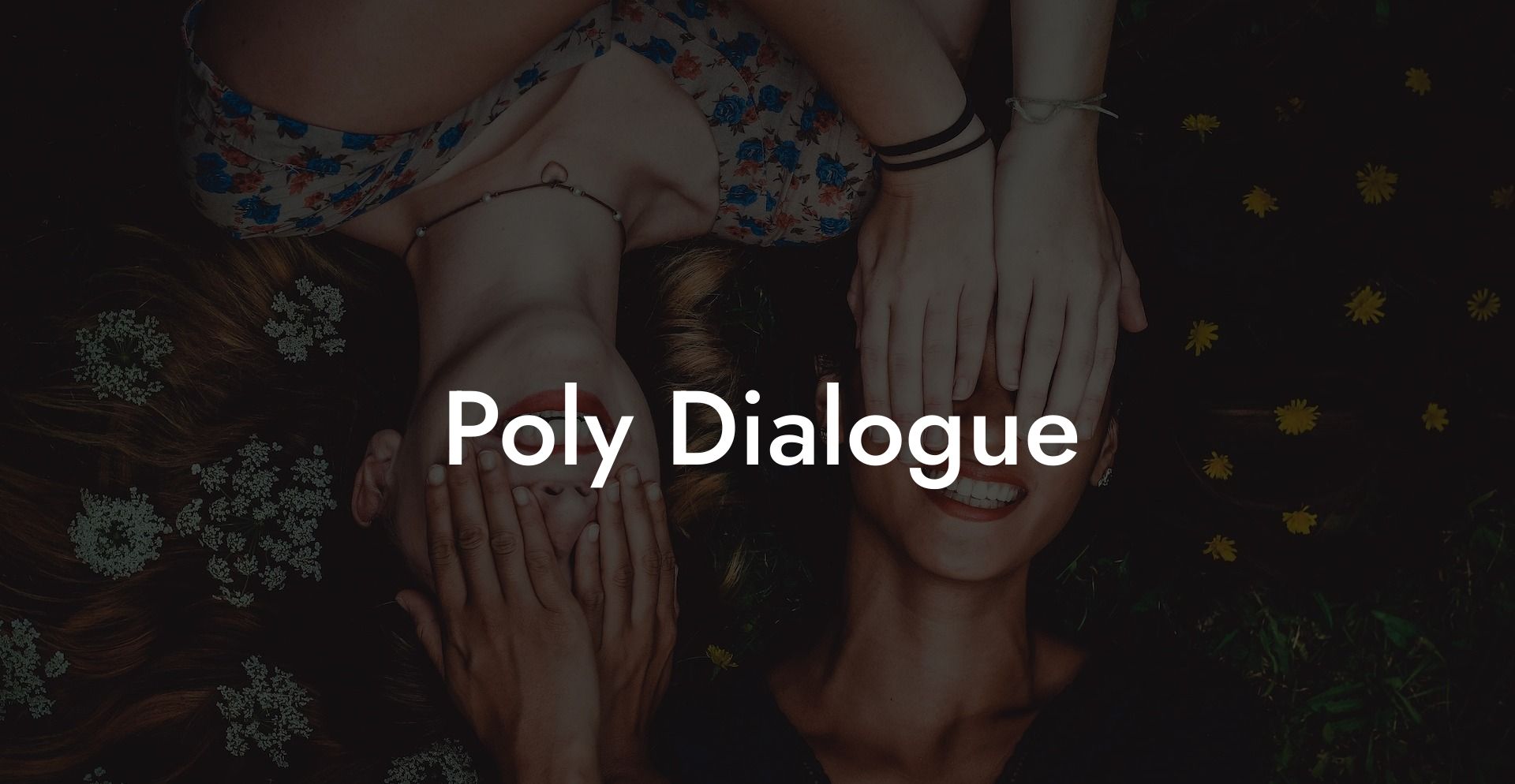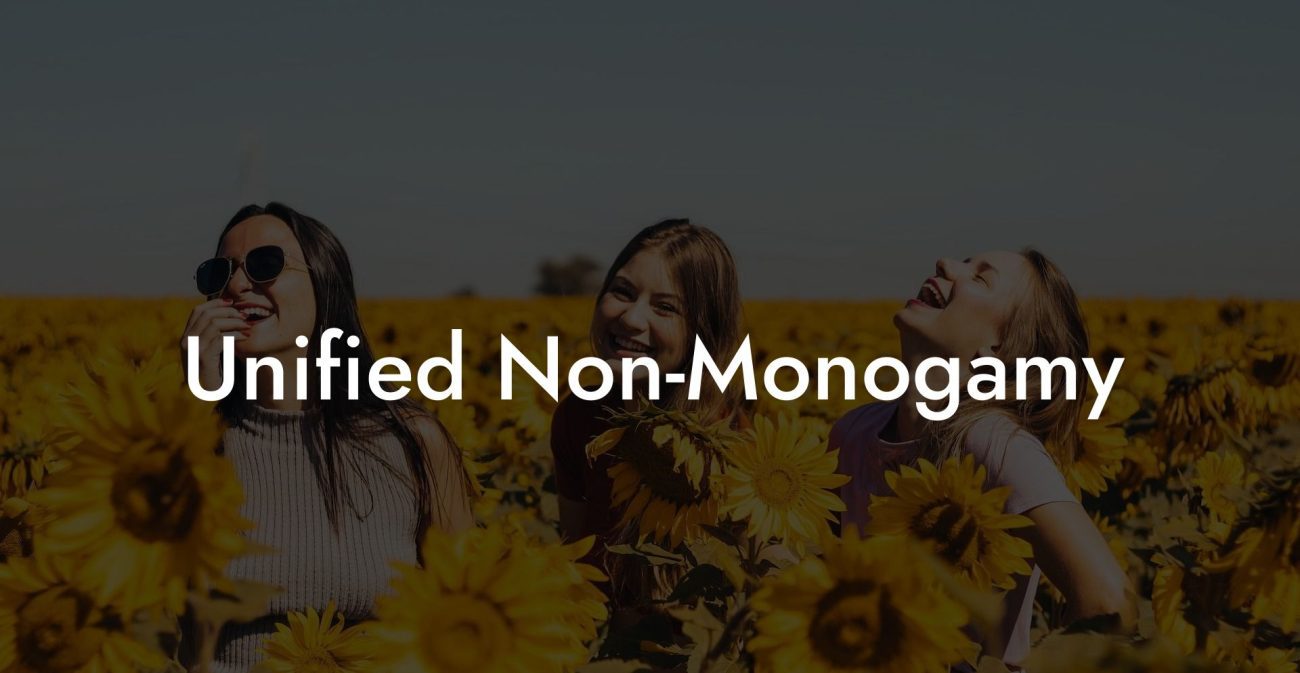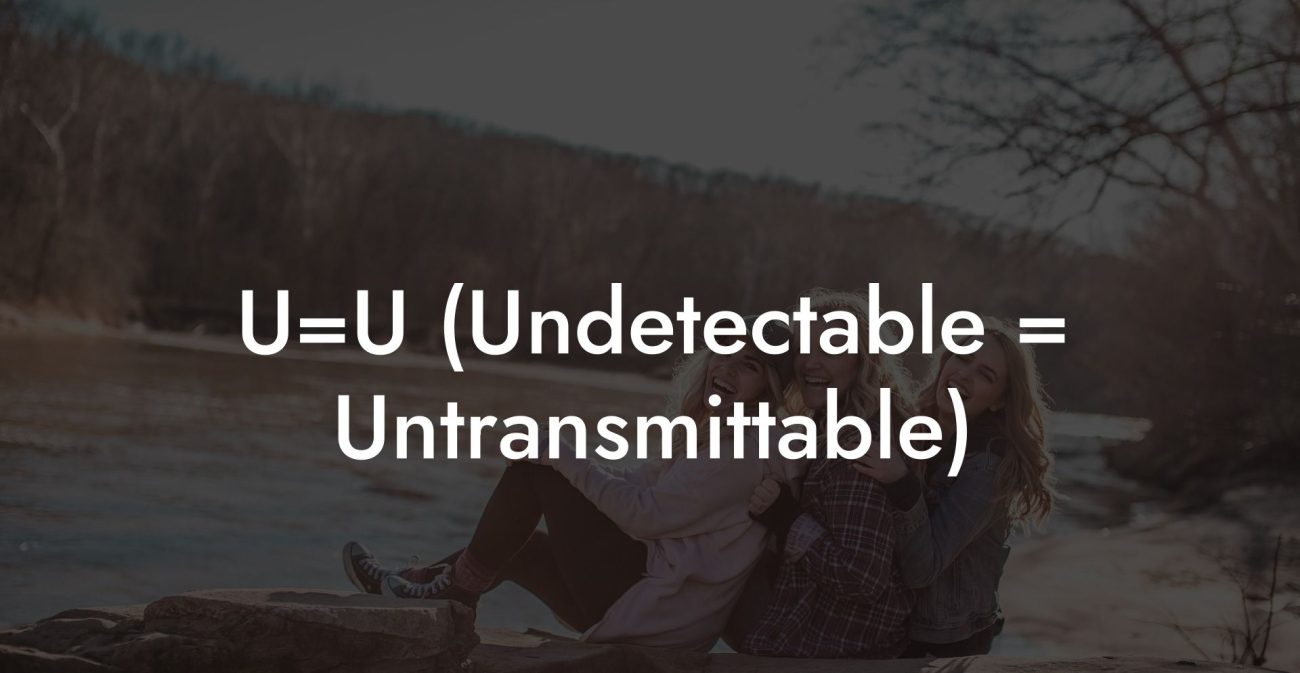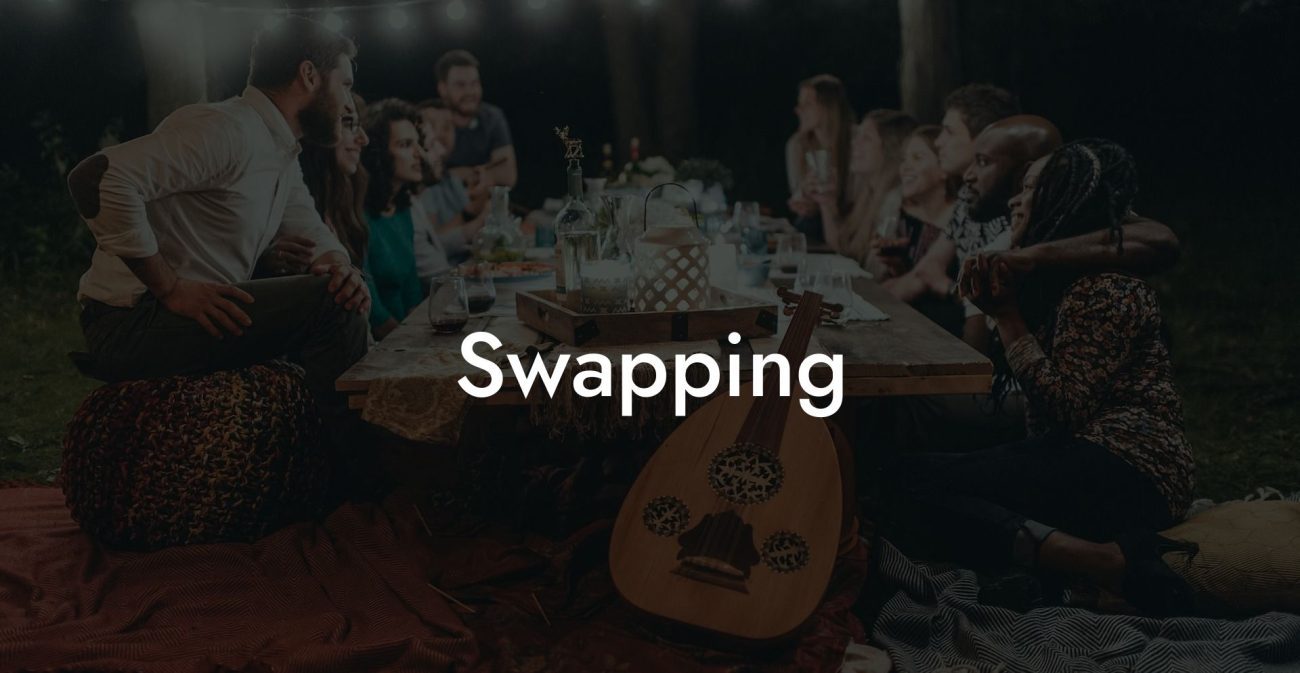Poly Dialogue

Imagine a space where every conversation becomes a powerful tool for connection—a forum where ideas, emotions, and experiences merge to create a shared narrative of love. Welcome to Poly Dialogue, a dynamic concept in ethical non monogamy that transforms the way we communicate about our relationships. In this model, dialogue isn’t just small talk; it’s the lifeblood of connection, a continuous exchange that nurtures trust, resolves conflicts, and deepens intimacy. Poly Dialogue invites you to engage in honest, open, and thoughtful conversations that honor the complexity of your multiple relationships and empower every voice in your relational network.
Quick Links to Useful Sections
- The Ethical Non Monogamy Term: Poly Dialogue
- What Is Poly Dialogue?
- Core Principles of Poly Dialogue
- Historical and Cultural Perspectives on Poly Dialogue
- From Silent Expectations to Open Conversations
- Cultural Shifts in Modern Relationship Models
- Everyday Dynamics of Poly Dialogue
- Fostering an Environment of Open Communication
- Negotiating Boundaries Through Dialogue
- Leveraging Digital Tools for Continuous Dialogue
- Benefits of Embracing Poly Dialogue
- Enhanced Trust and Clarity
- Deeper Emotional Connection
- Increased Personal and Collective Empowerment
- Improved Conflict Resolution
- Challenges of Poly Dialogue
- Managing Emotional Vulnerability
- Maintaining Consistency in Communication
- Balancing Individual and Collective Needs
- Navigating External Pressure and Societal Norms
- Frequently Asked Questions (FAQ)
- Resources and Community Support: Your Next Steps
The Ethical Non Monogamy Term: Poly Dialogue
What Is Poly Dialogue?
Poly Dialogue is a framework for engaging in meaningful, inclusive conversations within ethical non monogamy. It goes beyond traditional relationship discussions by emphasizing open communication among all partners—whether they are primary, secondary, or metamours. This model views dialogue as an ongoing process that helps navigate the complexities of multiple relationships. By fostering an environment where every perspective is heard and valued, Poly Dialogue becomes a crucial tool for building trust, understanding, and mutual respect across the entire network.
In practice, Poly Dialogue means creating safe spaces for all parties to share their thoughts, emotions, and needs without judgment. It involves regular check-ins, structured feedback sessions, and spontaneous discussions that help everyone stay aligned. Whether you’re negotiating boundaries, sharing feedback after a shared experience, or simply checking in on each other’s well-being, Poly Dialogue is the process by which your relationships evolve and strengthen over time.
Core Principles of Poly Dialogue
- Inclusive Communication: Ensure that every partner, regardless of their role, has a voice and feels heard in the conversation.
- Transparency and Honesty: Build trust by being open about your emotions, expectations, and any challenges that arise.
- Active Listening: Practice empathetic listening—acknowledge, reflect, and validate the experiences and feelings of others.
- Regular Check-Ins: Establish routines for both individual and group dialogues to keep communication consistent and proactive.
- Collaborative Problem-Solving: Approach conflicts and challenges as collective opportunities for growth and improved understanding.
- Adaptive Boundaries: Use dialogue as a tool to continually renegotiate and adjust your relationship boundaries in response to evolving needs.
- Mutual Empowerment: Foster a space where every conversation contributes to the emotional well-being and empowerment of each partner.
Historical and Cultural Perspectives on Poly Dialogue
From Silent Expectations to Open Conversations
For a long time, traditional relationship models were characterized by unspoken expectations and silent acceptance of rigid roles. Monogamous relationships, in particular, often left little room for open dialogue beyond routine communication. Social norms dictated that certain topics were taboo or unnecessary, leaving many unaddressed emotions simmering beneath the surface.
With the emergence of ethical non monogamy and polyamorous practices, early communities recognized that the complexities of multiple relationships required a new language—one that could articulate the nuances of shared love. Thus, Poly Dialogue was born as a way to break down barriers, allowing all partners to discuss their needs, desires, and challenges openly. This shift in communication helped to destigmatize discussions around jealousy, boundary-setting, and emotional vulnerability, setting the stage for more resilient and adaptive relationship dynamics.
Cultural Shifts in Modern Relationship Models
In today’s interconnected world, digital communication and global cultural exchange have redefined how we engage in relationships. Millennials and Gen-Z, in particular, value authenticity and transparency. Online communities, relationship blogs, and podcasts have all contributed to a growing acceptance of open, honest dialogue as an essential component of love. Poly Dialogue now stands as a cornerstone of ethical non monogamy, reflecting modern values that celebrate diversity, emotional literacy, and shared growth.
Modern narratives emphasize that every relationship benefits from ongoing communication. By openly discussing challenges and celebrating successes, partners can create an environment of trust and mutual respect that transcends traditional relationship models. Poly Dialogue is not only about preventing conflicts; it’s about actively enriching the tapestry of your relationships.
Everyday Dynamics of Poly Dialogue
Fostering an Environment of Open Communication
In everyday practice, Poly Dialogue requires intentional effort. It means setting aside dedicated time for both planned discussions and spontaneous check-ins. Here are some effective strategies:
- Scheduled Check-Ins: Organize regular meetings—both one-on-one and in group settings—to discuss emotional states, review relationship boundaries, and share feedback.
- Safe Spaces: Create environments, whether physical or virtual, where all partners feel comfortable expressing themselves without fear of judgment or retaliation.
- Communication Rituals: Develop routines, such as a weekly “heart-to-heart” conversation, that become a predictable part of your relational culture.
- Active Listening Exercises: Incorporate exercises like reflective listening or “mirroring” where partners repeat back what they heard to ensure understanding.
Negotiating Boundaries Through Dialogue
One of the key functions of Poly Dialogue is the ongoing negotiation of boundaries. As relationships evolve, your emotional and physical limits may shift. Open dialogue allows you to revisit these boundaries in a structured, empathetic manner.
- Feedback Sessions: Set up regular times to discuss what is working and what might need adjustment in your relationship agreements.
- Iterative Negotiation: Understand that renegotiation is a continuous process—a necessary evolution to keep relationships healthy and consensual.
- Conflict Resolution: Use dialogue to address and resolve conflicts as they arise, turning potential challenges into opportunities for growth.
Leveraging Digital Tools for Continuous Dialogue
In our fast-paced world, digital tools can help sustain the flow of Poly Dialogue. Whether you’re using group chats, video conferencing, or collaborative online documents, technology can facilitate continuous, inclusive communication.
- Group Chats and Forums: Use messaging apps and online forums to maintain an ongoing dialogue that keeps everyone informed and engaged.
- Shared Calendars: Coordinate regular meetings and check-ins to ensure that dialogue is prioritized even in busy schedules.
- Digital Journals: Consider using shared digital journals where partners can document their thoughts and feelings over time, creating a living record of your evolving relationship dynamics.
Benefits of Embracing Poly Dialogue
Enhanced Trust and Clarity
Regular, open dialogue builds a foundation of trust. When all partners have the opportunity to express their needs and address challenges, misunderstandings are minimized and transparency flourishes.
- Clear Expectations: Continuous communication ensures that everyone understands the agreed-upon boundaries and expectations, reducing the likelihood of conflicts.
- Strengthened Trust: The act of sharing your thoughts and feelings openly reinforces trust, as every partner feels heard and respected.
Deeper Emotional Connection
By engaging in honest and regular dialogue, you create deeper, more meaningful emotional bonds. Poly Dialogue transforms surface-level interactions into profound exchanges that enrich your collective relational experience.
- Layered Intimacy: Ongoing conversations reveal the multiple layers of your emotional life, deepening the intimacy of each connection.
- Empathetic Understanding: Active listening and reflective dialogue help you gain insight into your own emotions and those of your partners, fostering mutual empathy.
Increased Personal and Collective Empowerment
When every partner is empowered to share their voice, the entire network becomes stronger. Poly Dialogue nurtures an environment of mutual empowerment where individual growth contributes to collective well-being.
- Empowerment Through Expression: Open dialogue allows you to assert your needs and desires, reinforcing your autonomy and self-worth.
- Collective Strength: The shared wisdom of the group enhances every relationship, creating a robust support system that uplifts all members.
Improved Conflict Resolution
Proactive communication is key to preventing and resolving conflicts. Poly Dialogue equips you with the tools to address disagreements constructively, ensuring that challenges are resolved before they escalate.
- Early Intervention: Regular check-ins allow you to identify and address issues at their inception, preventing them from becoming major conflicts.
- Collaborative Problem-Solving: The negotiation process promotes a collaborative approach to conflict resolution, where every partner works together to find mutually beneficial solutions.
Challenges of Poly Dialogue
Managing Emotional Vulnerability
Engaging in deep, honest dialogue requires vulnerability, which can be challenging if past experiences have left you guarded. The fear of being hurt or misunderstood may sometimes inhibit open communication.
- Tip: Start with small, low-stakes conversations to build trust gradually, and use mindfulness techniques to ease anxiety around vulnerability.
- Tip: Foster a non-judgmental atmosphere where every partner feels safe to share their true feelings.
Maintaining Consistency in Communication
In busy lives, ensuring that regular dialogue remains a priority can be difficult. Without consistent check-ins, communication may become sporadic, leading to misunderstandings.
- Tip: Schedule regular check-ins and use digital tools to keep the lines of communication open.
- Tip: Make communication a non-negotiable part of your relationship agreements, reinforcing its importance for collective well-being.
Balancing Individual and Collective Needs
While Poly Dialogue is essential for fostering collective harmony, it can be challenging to ensure that individual needs are not overshadowed by the group dynamic.
- Tip: Incorporate both group and one-on-one conversations into your routine to address personal concerns while nurturing the collective network.
- Tip: Encourage each partner to express their unique perspective, ensuring that every voice contributes to the overall dialogue.
Navigating External Pressure and Societal Norms
Despite progressive cultural shifts, traditional expectations about communication and relationship structure can sometimes impose external pressure, leading to self-doubt or reluctance to fully engage in open dialogue.
- Tip: Build a community of like-minded individuals who value and practice open communication in ethical non monogamy.
- Tip: Focus on the benefits of Poly Dialogue for personal growth and collective resilience, letting external opinions take a backseat.
Frequently Asked Questions (FAQ)
1. What is Poly Dialogue in ethical non monogamy?
Poly Dialogue is the practice of engaging in continuous, inclusive, and honest communication among all partners in a non monogamous relationship network. It emphasizes open dialogue to negotiate boundaries, resolve conflicts, and deepen emotional connections.
2. How does Poly Dialogue differ from traditional relationship communication?
Traditional communication in relationships is often limited to individual or dyadic interactions, while Poly Dialogue involves a network-wide conversation that includes all partners and metamours, fostering a more comprehensive and transparent exchange of ideas.
3. What are the core principles of Poly Dialogue?
Core principles include inclusive communication, transparency, active listening, regular check-ins, collaborative problem-solving, adaptive boundaries, and mutual empowerment.
4. How can I start practicing Poly Dialogue?
Begin by setting aside regular times for check-ins with your partners, create safe spaces for honest conversation, and use digital tools to facilitate ongoing communication. Establish clear guidelines for respectful dialogue to ensure that every voice is heard.
5. What benefits does Poly Dialogue offer?
Benefits include enhanced trust, deeper emotional connections, increased personal and collective empowerment, improved conflict resolution, and a resilient, adaptive network of relationships.
6. What challenges might I face when implementing Poly Dialogue?
Challenges can include managing emotional vulnerability, maintaining consistency in communication, balancing individual needs with collective dynamics, and overcoming external pressures or traditional expectations.
7. How important is open communication in ethical non monogamy?
Open communication is essential—it lays the foundation for trust, ensures that all partners’ needs are met, and allows for continuous adjustment of boundaries, making it a cornerstone of healthy, sustainable non monogamous relationships.
8. Can Poly Dialogue help resolve conflicts in a relationship network?
Yes, by promoting proactive, collaborative conversations, Poly Dialogue enables partners to address issues early and find mutually beneficial solutions before conflicts escalate.
9. How do adaptive boundaries factor into Poly Dialogue?
Adaptive boundaries allow you to adjust your relationship agreements as your needs change. Regular dialogue helps ensure that these boundaries remain effective and reflective of each partner’s evolving emotional landscape.
10. What role does self-reflection play in Poly Dialogue?
Self-reflection is crucial—it helps you understand your emotional triggers and needs, informs your contributions to group discussions, and ensures that your communication remains authentic and aligned with your true self.
11. How do shared experiences enhance Poly Dialogue?
Shared experiences provide a common ground for conversation, deepen emotional bonds, and offer practical insights that can inform the ongoing dialogue and negotiation process.
12. Where can I find additional resources on Poly Dialogue and ethical non monogamy?
Additional resources include books like The Ethical Slut by Dossie Easton & Janet Hardy, podcasts such as Multiamory, and online communities like r/polyamory that offer insights and support on cultivating open communication in non monogamous relationships.
Resources and Community Support: Your Next Steps
- The Ethical Slut by Dossie Easton & Janet Hardy – A foundational resource offering insights into ethical non monogamy and practical strategies for fostering effective Poly Dialogue.
- Podcasts: Listen to Multiamory and similar shows for personal stories, expert advice, and creative ideas on enhancing communication in your relationship network.
- Online Communities: Join forums such as r/polyamory to connect with others, share experiences, and gain support for practicing open, inclusive dialogue.
- Workshops and Webinars: Attend events on relationship psychology, ethical non monogamy, and effective communication techniques to deepen your understanding and expand your support network.
- Therapy and Counseling: Consider professional guidance if you need help managing complex emotions or overcoming barriers to open communication.
By engaging with these resources and implementing the practical strategies outlined in this guide, you can fully embrace Poly Dialogue as a transformative approach to connection. Celebrate every conversation as a step toward deeper intimacy, and let your love flourish through honest, inclusive, and ongoing dialogue.
Useful Interruption: Not sure which relationship vibe fits you best? Take our Relationship Test, it’ll give you the real insight into your natural relationship style. Then, dive into our binge-worthy guides (from the tried-and-true to the “wait, that’s a thing?”) and find the perfect relationship type for your life:
- Monogamy
- Open Relationships
- Ethical Non-Monogamy
- Solo Polyamory
- Non-Hierarchical Polyamory
- Hierarchical Polyamory
- Relationship Anarchy
- Swinging
Now back to the main article but yeah take the test...












